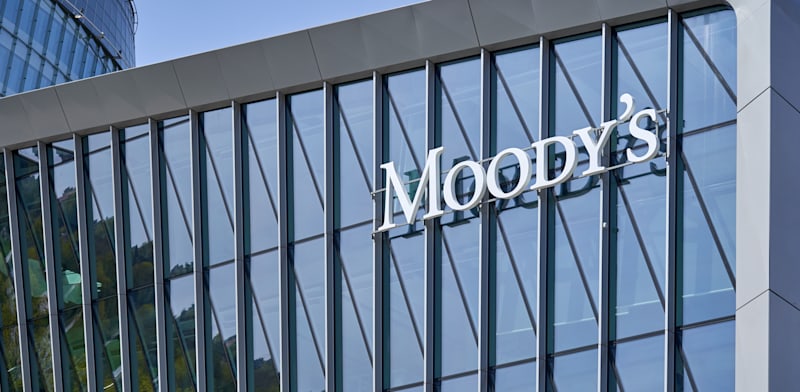Normally, one of the last words a retail investor wants to hear from a CEO of a company he is invested in – other than maybe “bankruptcy” or “federal investigation” – is “pivot.” At best, it denotes a repositioning, as a firm responds to market forces in order to compete and remain relevant. Ideally, management has done its due diligence and changed course in time. At worst, a pivot reflects a last-ditch, desperate attempt to dump a bad business model before the ship fully sinks.
We’ve certainly seen plenty of examples of the latter. Remember Amyris, a synthetic biology company that pivoted into health and beauty product ingredients? It filed for bankruptcy last year. Another synbio outfit, Intrexon, pivoted from developing genetically modified apples that don’t brown to selling bags of sliced apples. Now called Precigen (PGEN), Intrexon has reinvented itself once again into a biopharmaceutical company developing cell and gene therapies, with a market cap of about $340 million. Winning.

A theoretical example of the forme






































